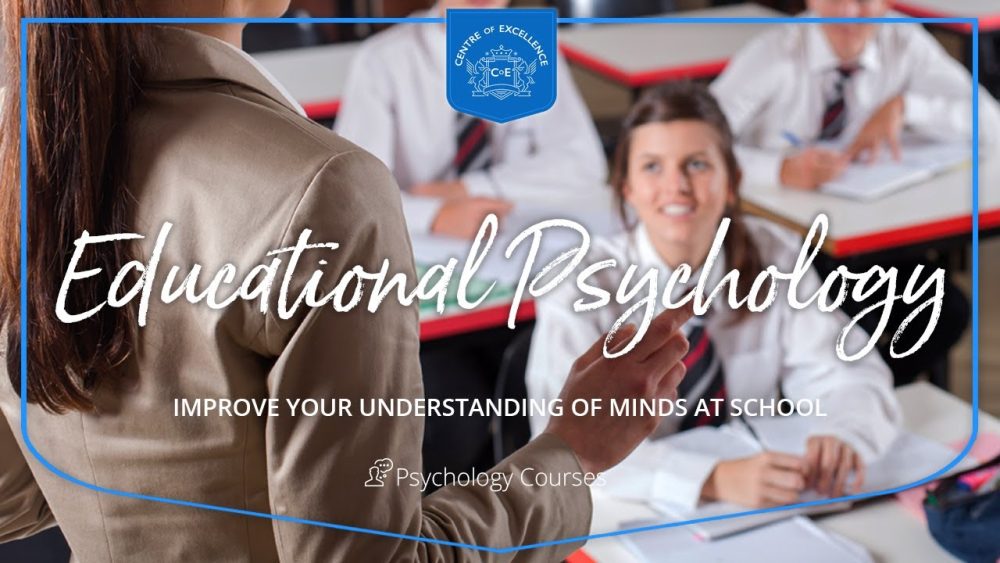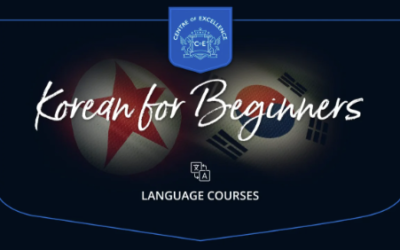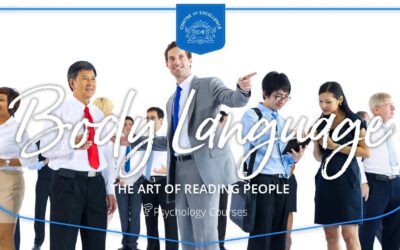🎁 Exclusive Discount Just for You!
Today only: Get 30% OFF this course. Use code MYDEAL30 at checkout. Don’t miss out!
This online educational psychology course covers the following aspects of educational psychology: history, learning theories, student development theories, motivation, and some classroom management skills.
We will explain various theories and guide you through well-practiced processes.
Centre of Excellence – Educational Psychology Diploma Course

What Will You Learn?
The Educational Psychology Diploma Course explains the ways in which students learn and develop, whilst providing discussions and practical examples of how this information can be incorporated into teaching frameworks and used to plan, create and deliver effective lessons.
Students will have an improved understanding of human behaviour and mental processes within an educational context.
This online educational psychology course covers the following aspects of educational psychology: history, learning theories, student development theories, motivation, and some classroom management skills.
We look at the history of the subject, including where thinking is now, topics and specialisms within this area, and the importance of Educational Psychology. The process of learning can be physical, social, or emotional as well as cognitive, the results of which are a permanent change in behaviour, skills, knowledge, or attitude. We will explain various theories and guide you through well-practiced processes.
Students will learn about childhood growth and developmental experiences in relation to the teaching process. Providing an overview of the stages of development, we then look at each stage individually, before moving on to some specific areas of development.
We look at the differences in motivation and how to tune into student’s choices, desires, and attitudes, to aid their motivation. The module discusses 7 major theories about motives and their sources, these are:
- Motives as behaviour change
- Motives as goals
- Motives as interests
- Motives as attributions about success
- Motives as beliefs about self-efficacy
- Motives as self-determination
- Expectancy-value theory
We illustrate the ways students can be different, and how these differences are reflected in how they learn. We cover topics such as: the way in which individuals prefer to learn, different intelligence types, gifted students, cultural expectations, and gender differences.
Looking at special educational needs. We include how to recognise the signs of certain conditions and how to adapt learning to fit those with additional needs, be they physical, intellectual, sensory, learning or behavioural, so that they may still reach their full potential.
The course discusses the three somewhat complex forms of thinking that are commonly pursued in classroom learning: critical thinking, creative thinking, and problem-solving. The course then goes on to explain how these are stimulated, using two types of instruction: Teacher-Directed and Student-Centred.
Course Syllabus
What will I learn on the course?
Module 1: What Is Educational Psychology?
Module 2: The Learning Process
Module 3: Student Development
Module 4: Student Motivation
Module 5: Student Diversity
Module 6: Students with Special Educational Needs
Module 7: Classroom Management and the Learning Environment
Module 8: Facilitating Complex Thinking

Who Would Benefit from This Course?
Using the theories and practical examples explained in the Educational Psychology Diploma Course, educators will better understand the psychological processes of learning and development. Using the knowledge provided in the course, they will be able to create improved lesson plans that will encourage and aid their students’ learning and improve their own ability to fulfill their roles.
Course Features
- Lectures 0
- Quizzes 0
- Duration 10 weeks
- Skill level All levels
- Language English
- Students 166
- Assessments Yes





